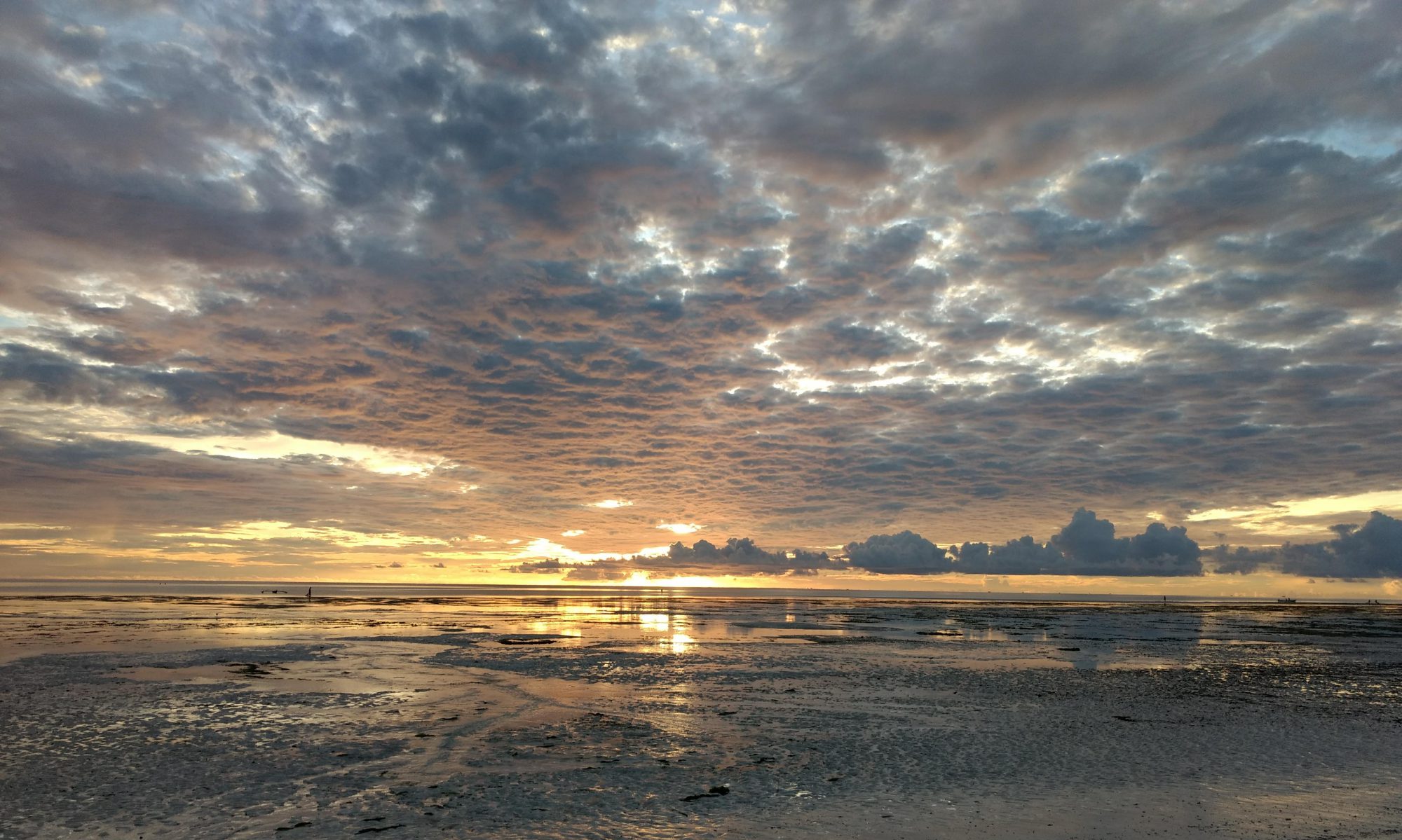During three months, I did a field study in Tanzania about aid and women’s education. I investigated two projects that focus on young women’s education. One of the projects is the Mama-course program, which gives pregnant girls a second chance to education, and the other is the Help-to-help foundation, which offers scholarships and skill-training to ambitious students who wish to study at university but don’t have the economic means to pay the tuition fees. After interviewing numerous people, I strongly believe that both of  these programs are important, and that they include a new way of thinking about aid. In my opinion, these projects respond to the local needs, build human capacity, and provide ground for making long-lasting changes in the society. They alter social norms, help people to be independent, and thus, empower the poor and marginalized.
these programs are important, and that they include a new way of thinking about aid. In my opinion, these projects respond to the local needs, build human capacity, and provide ground for making long-lasting changes in the society. They alter social norms, help people to be independent, and thus, empower the poor and marginalized.
The time I spent in Tanzania was valuable, and I learned a lot. I will certainly miss the friends I got and the adventures I woke up to every day. I am very grateful to all the people who helped me with various things, participated in my study, and made my stay a blessed one. In very few places, I have received so much love.
Nevertheless, there are numerous issues in Tanzania that are problematic and hinder its development. The country has been dependent on foreign aid for decades, and this without showing much progress. One might ask if the external support impede on the government responsibility to provide political goods to its population. Is aid a solution for development, and if so, how should the external support be carried out?
The government aspires for Tanzania to be a middle-income country in the near future. And indeed, it is a country with resources, and the economic growth has been high for several years, with an annual growth rate around 7 %. However, the majority of the population is still living in poverty, with a huge gap between the rich and the poor. Gender equality is far from reached. Women are still doing most of the work in the household, they are often discouraged to make their voices heard, and they might not have the right to decide over their own bodies. Forced marriages, early pregnancies, and sexual violence occur. Domestic violence is more a rule than an exception. In many schools, children are beaten by their teachers if they don’t behave in a disciplined way. The pupils might be punished if they fail an exam, have a sexual relationship, or are late to school because they had to work in the morning.
Nonetheless, most Tanzanians I met were proud of their reputation of being so peaceful. But from my view-point, it seems to be a long way to go before peace has occurred at all levels in their society.
 A sustainable development must include empowerment of the disadvantaged. All people should have the right to a decent life, without discrimination or violence. I went to Tanzania with the idea that education is the ground for development. But education is not enough. It must be qualitative, based on individual needs, and it should provide for life-long learning. To have a school system in which the students are worried about not being able to pay the school fees, are afraid to be beaten, and are not allowed to ask questions or think critically, and where boys and girls do not have the same chance to finish their studies, it might be very difficult to develop to a middle-income country. The change must come from within. Economic development is not the same as sustainable development. Education is a step, but it must be carried out in a way that provides for the people to be able to build the country. If aid should be a way to reach these goals, it must help people to help themselves towards a sustainable development. I hope that people will get the chance to understand their capacity to change their lives and to improve their conditions. It’s time that Human Rights become global norms.
A sustainable development must include empowerment of the disadvantaged. All people should have the right to a decent life, without discrimination or violence. I went to Tanzania with the idea that education is the ground for development. But education is not enough. It must be qualitative, based on individual needs, and it should provide for life-long learning. To have a school system in which the students are worried about not being able to pay the school fees, are afraid to be beaten, and are not allowed to ask questions or think critically, and where boys and girls do not have the same chance to finish their studies, it might be very difficult to develop to a middle-income country. The change must come from within. Economic development is not the same as sustainable development. Education is a step, but it must be carried out in a way that provides for the people to be able to build the country. If aid should be a way to reach these goals, it must help people to help themselves towards a sustainable development. I hope that people will get the chance to understand their capacity to change their lives and to improve their conditions. It’s time that Human Rights become global norms.
The blog was originally published on: http://fufkorrespondenterna.com/2015/07/13/tanzania-a-last-reflection/



